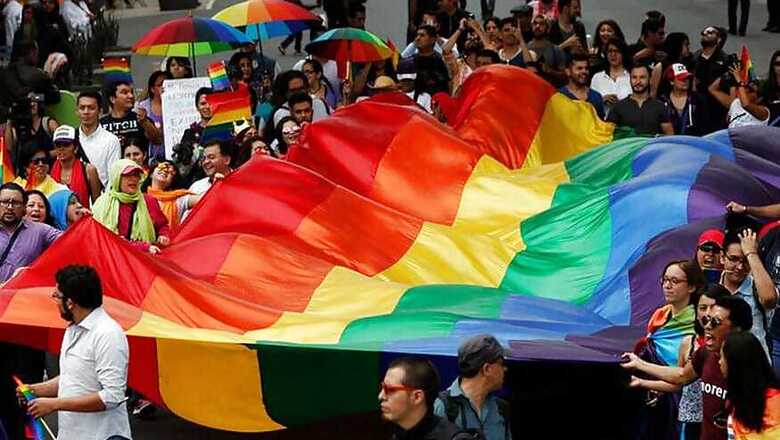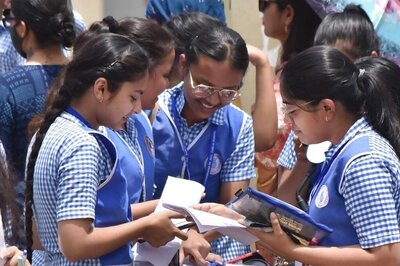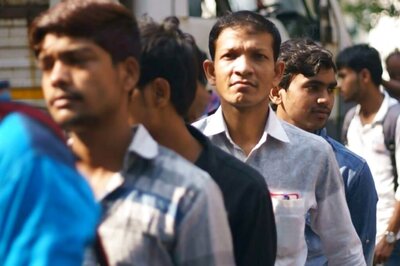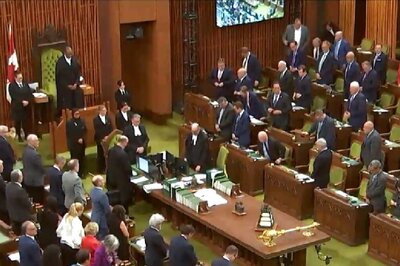
views
New Delhi: Once the criminality of consensual gay sex goes away, then related issues like social stigma and discrimination against the LGBTQ community will also go, the Supreme Court said on Thursday.
Observing that an environment has been created in the Indian society over the years that has led to deep-rooted discrimination against the community, a five-judge constitution bench, hearing petitions seeking decriminalisation of 158-year-old colonial law under Section 377 of the IPC, said discrimination against such people has also adversely impacted their mental health.
The bench, headed by Chief Justice Dipak Misra, asked lawyer Maneka Guruswamy, who was appearing for a petitioner, whether there was any law, rule, regulation, bye-law or guideline which barred or restrained homosexuals from availing any right which are available to others.
"There are no such provisions," she said.
The bench then said the LGBTQ (lesbian, gay, bisexual, transgender and queer) community faced the stigma because of the criminality attached to the consensual same-sex relationship.
"Once the criminality (under section 377) goes, then everything will go (all the bars, social stigma, and others)," the bench, which also comprised Justices R F Nariman, A M Khanwilkar, D Y Chandrachud and Indu Malhotra, said.
"Over the years, we have created an environment in the Indian society which has led to deep-rooted discrimination against people of same sex involved in a consensual relationship and this has impacted their mental health also," the bench said on the third day of crucial hearing to decide the constitutional validity of Section 377 of the Indian Penal Code (IPC).
Section 377 refers to 'unnatural offences' and says whoever voluntarily has carnal intercourse against the order of nature with any man, woman or animal, shall be punished with imprisonment for life, or with imprisonment of either description for a term which may extend to 10 years, and shall also be liable to pay a fine.




















Comments
0 comment